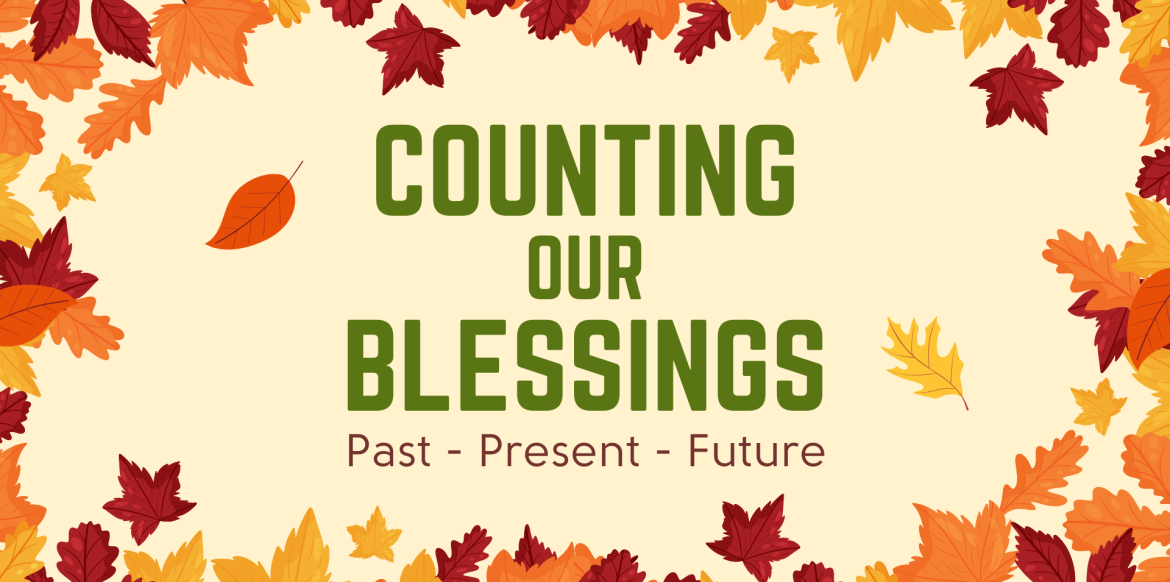The Bahá’í faith, a dynamic and revelatory religious tradition, illuminates the human experience through its profound teachings. Among these tenets, the concept of recognizing divine bounties—specifically, “The Most Excellent Favors of God”—encapsulates a vital aspect of spiritual development. As we endeavor to explore the manifold layers of this principle, we find a tapestry woven with threads of gratitude, awareness, and interconnectedness with the divine essence.
To embark on this exploration, it is essential to understand the metaphoric landscape in which these blessings reside. Imagine a gardener, diligently working amidst the rich soil of existence, carefully nurturing each plant that emerges. These plants can be likened to the favors bestowed upon humanity—each one unique, thriving under the light of divine grace. This metaphor speaks to the organic growth that occurs when one actively recognizes and appreciates the blessings within their life.
At the foundation of Bahá’í teachings is the acknowledgment that every individual is endowed with inherent potential and purpose. The concept of divine favor urges believers to cultivate a mindset centered on appreciation. When one takes the time to enumerate these favors, transformation begins to unfold. This process of counting one’s blessings fosters an awareness that transcends mere existence; it catalyzes a journey towards spiritual awakening.
Central to this journey is the practice of gratitude. In the Bahá’í perspective, gratitude is not simply a passive acknowledgment of external benefits—it is an active engagement with them. It is recognizing the intricate interdependencies of life. Just as one cannot admire the radiant bloom of a flower without considering the soil it emerges from, so too must one appreciate the influences and circumstances that coalesce to produce spiritual growth. This understanding elevates gratitude from a fleeting emotion to a sustained state of consciousness.
Moreover, the act of counting blessings fosters resilience in times of difficulty. When one encounters adversity, the habitual recognition of divine favors provides a wellspring of support. These favor-agents—be they personal relationships, moments of clarity, or even challenges that foster growth—serve as beacons of hope. The Bahá’í teachings posit that trials are not merely obstacles; they are essential components of the divine curriculum designed to refine the human spirit.
Transitioning from personal gratitude to communal appreciation, the Bahá’í approach emphasizes the interconnectedness of humanity. The “Most Excellent Favors of God” are not solely individual blessings; they ripple through the fabric of society. In recognizing and valuing the gifts bestowed upon others, we cultivate a spirit of unity and collaboration. Each act of kindness, each word of encouragement, contributes to the paradigm of social harmony envisioned within Bahá’í teachings. Thus, as individuals reflect on their personal favors, the broader implications for collective well-being become evident.
An intriguing dimension of this discourse is the relationship between material and spiritual bounties. The Bahá’í teachings elucidate the importance of maintaining a delicate balance between these two realms. Material wealth and success are indeed favorable; however, they acquire deeper meaning when aligned with spiritual virtues. The metaphor of the dual gardens—the garden of the soul and the garden of the material world—offers rich territory for exploration. Each garden requires cultivation, attention, and, most importantly, appreciation of the interplay between them. Such mindfulness enables individuals to embark on a journey toward holistic fulfillment.
In pondering the depths of divine favor, one might also reflect on the transformative power of service. The Bahá’í faith espouses that utilizing one’s blessings in the service of others is an emblem of true spiritual maturity. Engaging in acts of service not only amplifies personal blessings but also elevates the collective experience of humanity. By recognizing the abundance one has received, sharing these gifts becomes a natural extension of gratitude, thereby amplifying the joy inherent in the act of giving.
Furthermore, the teachings propel individuals toward a mindset rooted in positivity. The practice of counting blessings shifts the focus from scarcity to abundance. Just as a river, nourished by tributaries, flows abundantly, so too does a heart filled with appreciation. This abundance serves as a counterpoint to negative emotions such as envy or dissatisfaction, which can corrode the spirit. By consciously redirecting attention to the wealth of favors received, one naturally cultivates a positive disposition that enhances overall well-being.
In conclusion, the Bahá’í concept of “The Most Excellent Favors of God” invites a comprehensive lens through which to view human existence. It calls upon individuals to engage in active gratitude, recognize the interconnectedness of life’s favors, and cultivate a resilient and positive mindset. As one traverses this path, the simple act of counting blessings unfolds into a transformative journey—where personal growth is inseparable from the collective elevation of society. Ultimately, the invitation stands to embrace the divine irrigation that nourishes our existence, ensuring that each blessing counted is a step towards greater spiritual realization and human unity.
